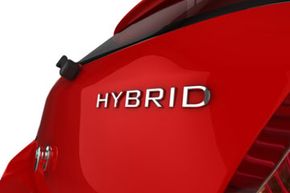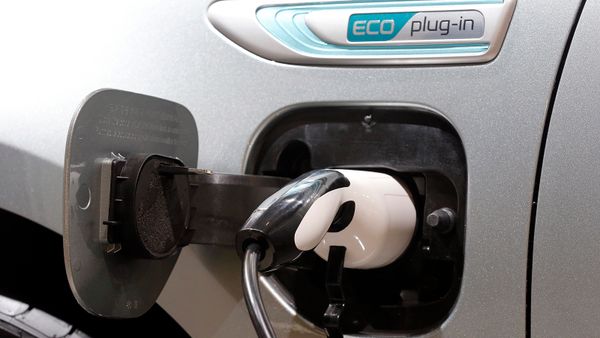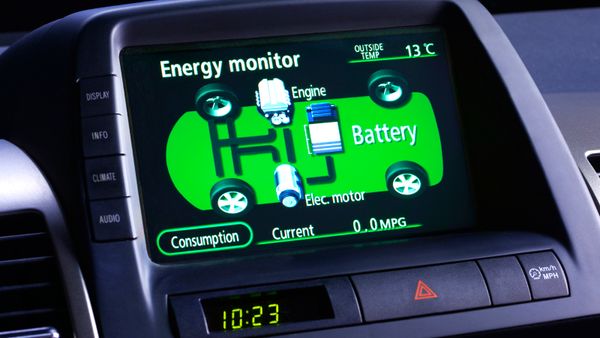In 1999, the two-door Honda Insight was the first hybrid automobile to hit the American market. Since then, the Toyota Prius has become the most popular hybrid in the United States, with 139,000 models sold in 2009 [source: Toyota]. What was the overall best-selling vehicle that year? The gas-guzzling Ford F-Series pickup, which sold a whopping 413,000 models [source: Lassa]. Compare these figures to those in Japan, where Toyota sold over 208,000 Prius cars, making it the country's top seller [source: USA Today].
So, what's behind the American hesitancy to go hybrid? Part of it is simply resistance to change. In the United States, large cars with big engines have dominated the market for a century. American consumers also often express concern about the safety and reliability of hybrids, and wonder if the improved fuel economy is worth the high cost of the vehicle. This article addresses a related but less common question: Are hybrid cars more expensive to insure than conventional automobiles?
Advertisement
The short answer to this question is that, yes, hybrid cars are more expensive to insure than the average automobile. In 2009, the Web site Insure.com found that of the top 20 best-selling vehicles in the United States, the Toyota Prius had the seventh highest average insurance premium. For a single male driver, age 40, who owns his own home and car, holds a bachelor's degree, and has no accidents or driving convictions, the average premium was $1,396 for the Prius, compared to $1,216 for the Honda Odyssey, the most cheaply-insured vehicle on the list [source: Insure.com]. Interestingly, though, the reasons for these higher premiums have very little to do with the specific fact that the Prius is a hybrid and more to do with the general characteristics of smaller and more expensive cars. Read on to explore the fact and fiction of insuring your hybrid car.


